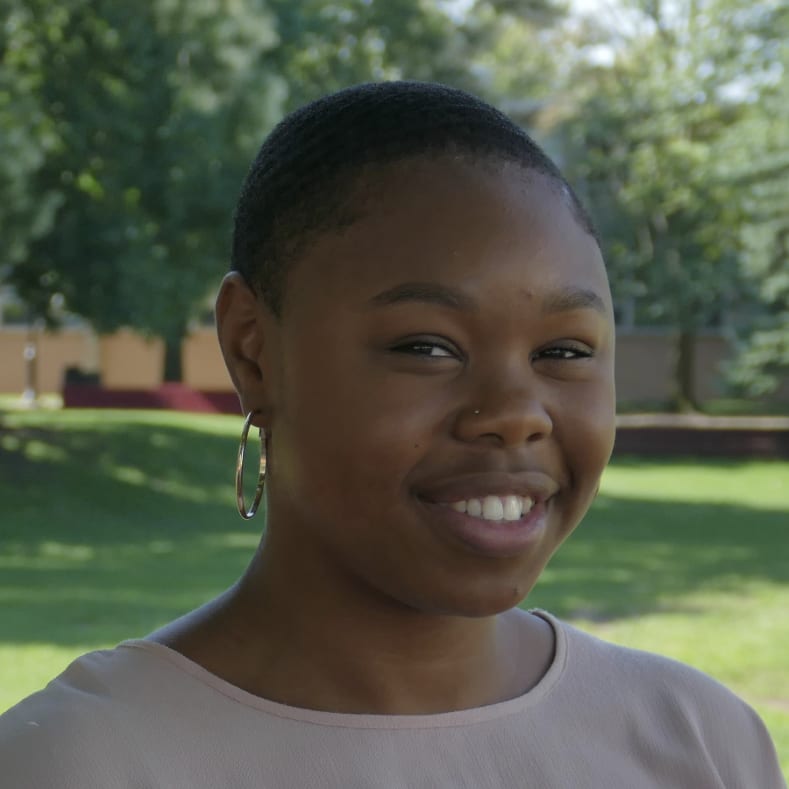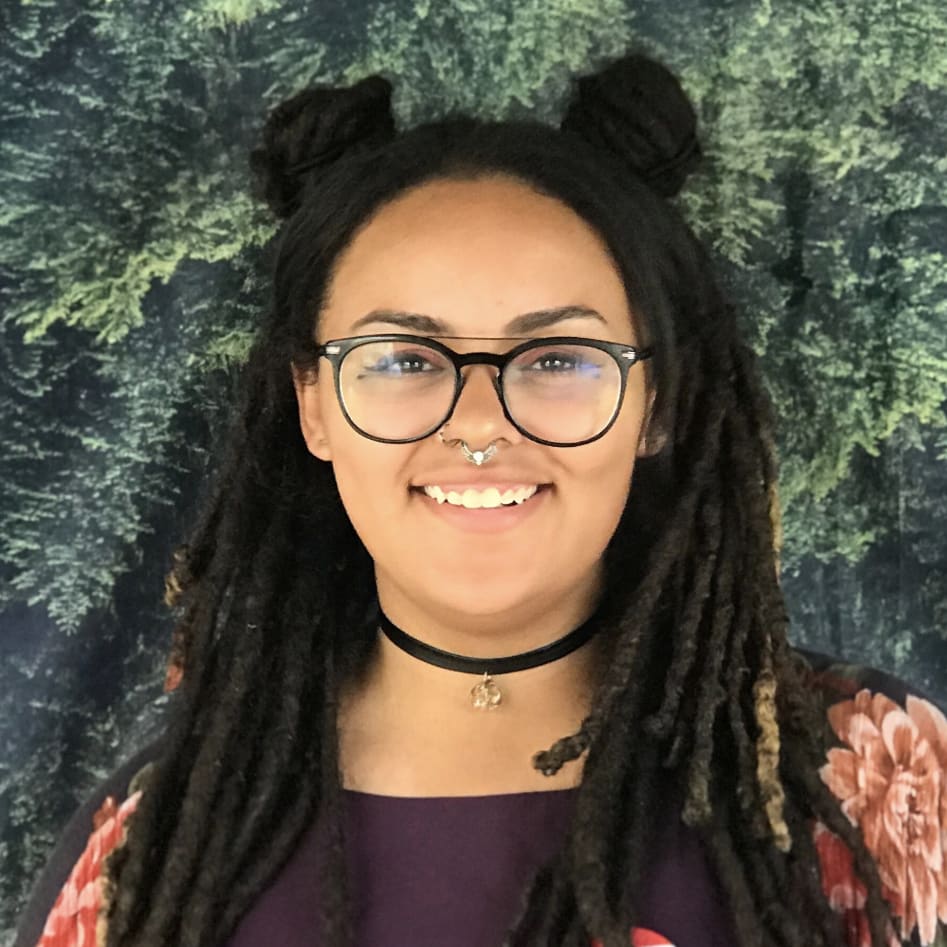LGBTQ College Culture Guide
Lesbian, gay, bisexual, transgender, and queer (LGBTQ) students make up around 10% of undergraduate learners. Offering diverse perspectives and experiences, LGBTQ students enrich college culture and life. Cultivating an LGBTQ-friendly college culture often helps schools attract and retain LGBTQ enrollees.
This guide discusses some of the most common challenges that LGBTQ college students face, both in school and elsewhere. These challenges include coming out, mental health issues, family issues, and interpersonal violence. This guide also highlights LGBTQ learners’ rights, introduces resources for LGBTQ college students, and summarizes the key features of LGBTQ-friendly college cultures.
Common Challenges for LGBTQ Students
The LGBTQ community faces many unique challenges, which can include coming-out stress, family rejection, anxiety and depression, and verbal and physical abuse. Schools should work to protect and support LGBTQ learners facing these challenges.
Some college students come out during their college years while exploring their identity and sexuality outside of the constraints of their family or community. Often a difficult process, coming out can require courage. LGBTQ college students may expend much emotional energy anticipating this decision and dealing with reactions from family and friends. This intense process can take time, energy, and focus away from college studies.
According to GLSEN’s 2019 National School Climate Survey, LGBTQ learners aged 13-21 suffer disproportionately from low self-esteem and depression. Many learners also report skipping school out of fear of harassment, which clearly indicates heightened anxiety. Many LGBTQ young people feel different from the straight majority, which can contribute to social anxiety, isolation, and depression. Since learning under stress, anxiety, and depression proves difficult, these mental health issues can negatively affect learners’ studies.
Unlike people of marginalized races, religions, or social classes, LGBTQ individuals do not often grow up in families that share their identity. Many LGBTQ youth face misunderstanding and rejection from their families. This lack of support often contributes to LGBTQ students’ depression and isolation. Family stress and lack of support can make earning a college degree more difficult to achieve. Finding a supportive college culture and peer group often proves very important for LGBTQ youth who cannot rely on family support.
Many LGBTQ students experience physical harassment or assault. According to the GLSEN School Climate Survey, nearly 60% of students 13-21 years old report feeling unsafe at school due to their sexual orientation. Approximately 37% and 43% of LGBTQ learners feel afraid due to gender identity and gender expression, respectively. LGBTQ-friendly colleges and universities provide various policies, programs, and campus safety systems that can help protect LGBTQ enrollees.
Things to Consider When Looking for an LGBTQ+ Community on Campus
Attending an LGBTQ-friendly school can promote feelings of belonging and satisfaction. Colleges and universities often provide policies, programs, resource centers, and activities that support LGBTQ students. See below for more information on various potential resources for LGBTQ college students.
Campus Culture
Institutional best practices for cultivating a campus culture that supports LGBTQ students, include supporting LGBTQ student leadership and tracking LGBTQ retention. Campuses can also create LGBTQ resource centers, programs, clubs, and events. Resource centers often provide educational services, counseling, and programming that promote an LGBTQ-friendly campus culture.
Mental Health
Experiencing LGBTQ discrimination and prejudice often takes a toll on students’ mental health. The unique stressors and pressures that LGBTQ college students experience often contribute to anxiety and depression. LGBTQ college enrollees without adequate support systems may also experience loneliness. Fortunately, many college campuses offer free or low-cost mental health counseling services.
Community Support
Some schools and communities offer LGBTQ mentoring programs that foster supportive, confidential, mentor-mentee relationships. These relationships function as a safe space for mentees to discuss gender identity and sexual orientation issues, thoughts, and feelings. Some colleges also offer roommate-matching or gender-inclusive housing options that offer LGBTQ students an aware, supportive community. Schools can also connect LGBTQ learners with supportive off-campus LGBTQ centers, events, and groups.
Clubs and Extracurriculars
LGBTQ-friendly college campuses typically offer LGBTQ clubs and various extracurricular events, programs, and activities that support community and camaraderie. Students should look for school calendars indicating gender-diverse activities such as LGBTQ performances, trips, dances, or comedy shows.
Policies and Safety
When choosing where to apply, prospective LGBTQ college students should consider school safety. GLSEN’s 2019 National School Climate Survey highlights incredibly high rates of verbal harassment, sexual harassment, and cyberbullying of LGBTQ students ages 13-21. The report indicates that this hostile climate lowers self-esteem, GPA, and college aspirations. Schools can help combat these problems by creating and enforcing policies and programs that protect LGBTQ learners.
Academics and Faculty
Many schools offer LGBTQ-related majors and minors, such as gender studies, LGBTQ studies, and human sexuality. Sociology and psychology programs may also feature curriculum concentrations in these fields. Colleges and universities can support their LGBTQ populations further by hiring LGBTQ faculty and training non-LGBTQ professors on how to create a safe learning environment for LGBTQ students. Additionally, schools can attract and support marginalized learners by offering identity-based scholarships.
Recruitment and Retention
Fostering diverse student and faculty populations typically increases the scope, richness, and complexity of the learning environment. Colleges can attract LGBTQ applicants by sending out recruiting materials that highlight relevant campus programs, events, and activities. Schools often identify LGBTQ students by inviting learners to self-disclose their LGBTQ status on their applications.
Know Your Rights
LGBTQ college students should know the rights they hold in a higher education environment. Some federal and state laws protect LGBTQ learners, and many schools feature inclusion statements and policies that offer additional protection and support. Learn more about these resources below.
Title IX
Title IX of the Education Amendments of 1972 forbids sex-based discrimination in educational programs and activities that receive federal financial assistance. This regulation specifies that federally supported schools and programs cannot treat people differently, refuse them services or housing, impose sanctions or behavioral rules, or discriminate based on sex or appearance.
Inclusion of Statements
Inclusion statements demonstrate organizations’ commitments to equality and diversity values, principles, and practices. They can help protect marginalized people by establishing an accepting, supportive organizational culture. LGBTQ students or employees can encourage organizations to substantiate their inclusion statement in various ways. Advocates can also challenge organizations for falling short of their stated values.
State Law
Many states have laws that protect LGBTQ students against discrimination and harassment in schools. States such as California, New York, Vermont, and Iowa offer detailed safeguards requiring local school boards to create and implement anti-harassment policies. These policies may ensure greater awareness of and consequences for LGBTQ harrassment.
School Policy
Many colleges and universities feature diversity, inclusion, and anti-harrassment policies that protect LGBTQ individuals and communities. LGBTQ students who experience discrimination can file internal complaints or appeals. The Campus Pride Index serves as a free benchmarking tool that schools can use to create LGBTQ-inclusive campus cultures. This online tool also helps learners and their families identify LGBTQ-friendly campuses.
Frequently Asked Questions From Online LGBTQ+ Students
Enrolling in an online program can contribute to the isolation LGBTQ students feel because they aren’t on campus with their peers every day. Online students who can travel to campus may consider joining LGBTQ groups so they can meet other members of the community at their school and connect with them. In some cases, schools may have virtual clubs that students can join, as well as virtual events where they can socialize with each other. Additionally, LGBTQ centers can offer advice on how to connect with other students in the community.
Resources for LGBTQ College Students
The five organizations below work to reduce violence and discrimination against LGBTQ youth and students. Joining these organizations can help LGBTQ students access scholarships, leadership development opportunities, resources, and advocacy. Some organizations also offer volunteer, internship, and employment opportunities.
Campus Pride
A volunteer-driven network of student leaders, this national nonprofit organization helps protect LGBTQ college students. Campus Pride offers supportive programs, services, and resources for LGBTQ college students.
Gay and Lesbian Advocates and Defenders
A non-governmental organization, GLAAD monitors media, fights the negative portrayal of the LGBTQ community, sparks dialogue on related issues, and advocates for greater acceptance.
Human Rights Campaign
The largest LGBTQ advocacy group in the U.S., HRC advocates for equality under the law and helps combat LGBTQ human rights attacks.
Point Foundation
This foundation provides scholarships that support LGBTQ students demonstrating academic promise. The Point Foundation also offers mentorship, internship, and community service opportunities.
The Trevor Project
This national nonprofit organization offers crisis intervention and support for LGBTQ individuals. The organization conducts research, runs programs, and hosts speakers.
Advice for LGBTQ College Students

Kryss Shane (she/her) is a leading LGBTQ expert with more than 22 years of experience. She holds two master’s degrees and two licenses to practice mental healthcare. Kryss travels across the U.S., working as a consultant, educator, and corporate trainer. She also appears at events and conferences as a keynote speaker, author, and writer. She is also a teaching associate at Columbia University.
Kryss has significant experience working with transgender youth, transgender military service members, and other transgender groups. Her website is ThisIsKryss.com.

Ebony Jackson is the assistant director of the Office for Social Justice and Diversity at Montclair State University. She oversees the institution’s LGBTQ Center. Prior to coming to Montclair State University in February 2018, she served as the coordinator of the Women’s Center at Ramapo College of New Jersey. She is dedicated to social justice programming, education, and advocacy. She shapes her approach from an intersectional lens with influence from Audre Lorde’s quote: “There is no such thing as a single-issue struggle because we do not live single-issue lives.”
Ebony holds a BA in linguistics and an MA in counseling from Montclair State University.

Ivy Bryan is a New York native currently attending Brooklyn College. At Brooklyn College, she is a double major in gender studies and film studies. Ivy has a background in the music industry and music performance.
Related articles that may interest you

Accelerated Online Associate Degree Programs
Looking to finish a degree quickly and start your career? Learn more about earning your accelerated associate’s degree online.

by Reese Lopez
Updated October 24, 2025
